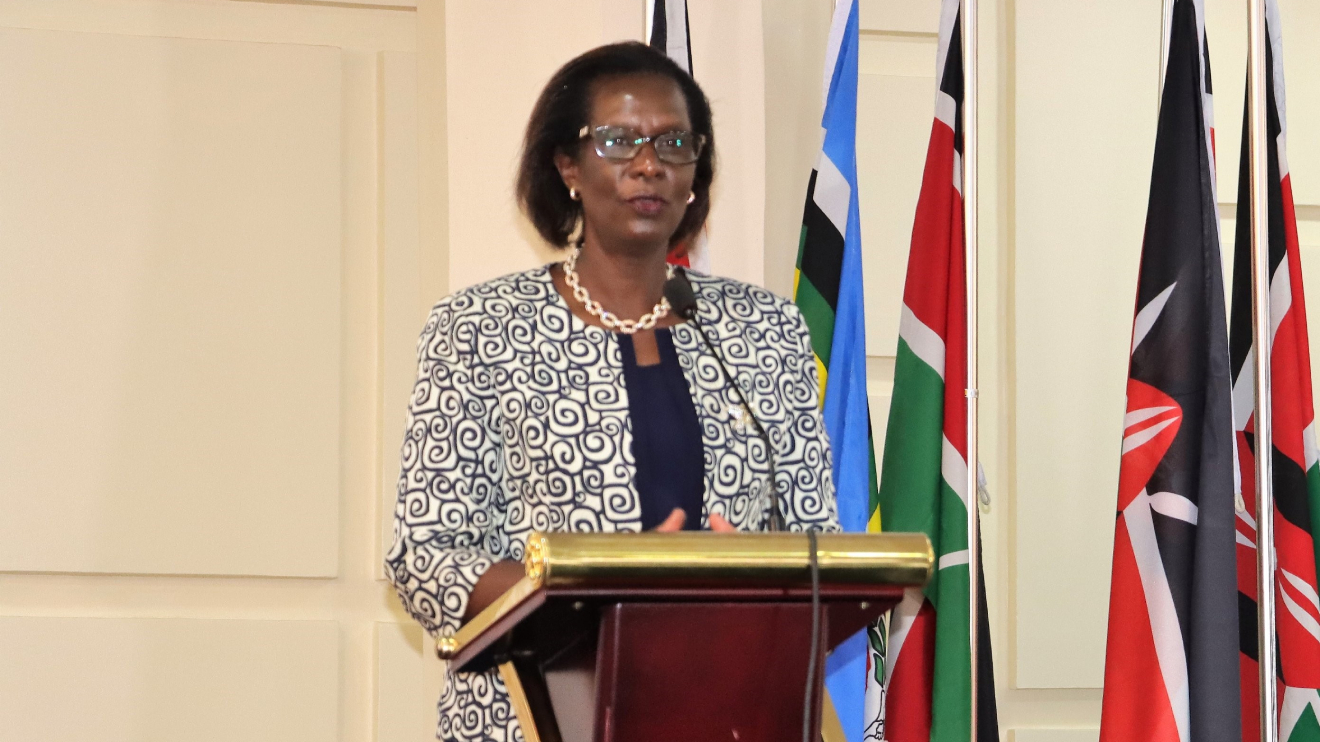A new report by the Salaries and Remuneration Commission (SRC) has painted a stark picture of public expenditure, revealing that allowances and benefits are the primary drivers of the ballooning wage bill.
The commission’s Fourth Quarter Wage Bill Bulletin for the 2023/2024 financial year indicates that a staggering 79 per cent of approved wage bill requests during the April-June period were earmarked for allowances and benefits.
This translates to a colossal Sh32.21 billion, a significant increase from the Sh4.27 billion approved in the previous financial year.
“SRC received 79 requests, worth Sh52.02 billion from public institutions in FY 2023/2024, compared to Sh8.18 billion received in FY 2022/2023. Of the 79 requests, 9 were on CBA reviews (11 per cent); 62 on allowances and benefits (79 per cent), 5 on bonus requests (6 per cent) and 3 on salary reviews (4 per cent),” the bulletin reads.
The SRC approved Sh2.52 billion of the Sh5.46 billion sought by public institutions in the fourth quarter, primarily due to its advisory role in Collective Bargaining Agreements (CBAs) for unions such as UASU, KUSU, and KUDHEIHA.
Read More
While devolved units recorded a slight increase in personnel emoluments to Sh53.42 billion in the fourth quarter compared to the previous quarter, the overall expenditure on the wage bill continues to exceed the 35 per cent cap stipulated by the Public Finance Management (PFM) Regulations, 2015.
The SRC acknowledges the upward trajectory of the public wage bill but asserts that the growth rate has moderated.
President William Ruto’s administration is grappling with fiscal constraints, and the SRC’s report highlights the uphill battle to reconcile public service remuneration with the government’s financial obligations.
However, the commission’s findings underscore the formidable challenge of containing public sector expenditure, especially in the face of allowances and benefits that constitute the lion’s share of the wage bill.







-1757663582.jpeg)
